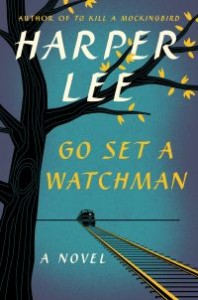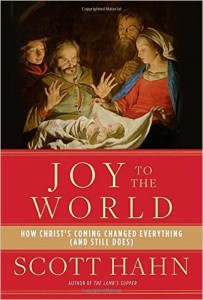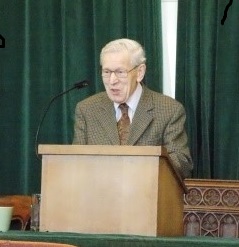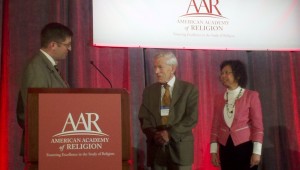 There have been a flood of memes and other comments this year mocking the popular song, “Mary Did You Know?” “Yes, Mary knew!”, they proclaim, typically pointing to Luke 1 where Gabriel tells her that the child born to her “will be called holy- the Son of God.” I don’t feel the need to defend every pop Christmas song, but I think, in this case, the song deserves more careful consideration.
There have been a flood of memes and other comments this year mocking the popular song, “Mary Did You Know?” “Yes, Mary knew!”, they proclaim, typically pointing to Luke 1 where Gabriel tells her that the child born to her “will be called holy- the Son of God.” I don’t feel the need to defend every pop Christmas song, but I think, in this case, the song deserves more careful consideration.
Yes, Mary was told that her son would be the Son of God. She undoubtedly understood the angel’s point that her son would be the Messiah. But, how did she understand these words “Son of God” and “Messiah”? If she was like the best of her contemporaries, she did not grasp the fullness of these truths prior to the resurrection. Peter and John believed Jesus was the Messiah, but they did not grasp all this meant. The Messiah was not expected to be divine, and “Son of God” could be understood in the first century in terms much lower than “Eternal Second Person of the Godhead.” By all accounts Mary believed what she was told, but she would only come to understand the fullness of what she was told in time, especially after the Resurrection.
We must bear in mind Mark 3 as well. Verse 21 tells us that after Jesus called his twelve apostles and launched his public ministry, “his family … went out to seize him, for they were saying, ‘He is out of his mind.’” His “family” here is then described as his mother and brothers in verse 31. Mary, apparently, did not understand all that Jesus was doing. This is not surprising. Jewish Messianic expectation was diverse and did not grasp all that Jesus eventually did. They saw in a glass darkly. Mary, even with what she was told, even as she stored up these things in her heart and pondered on them, was surprised- even as we all are! This is part of the wonder of Christmas, that God colored outside our lines, blew away even our wildest expectations and did something grander than our wildest imaginations. He did not merely send a new David- a mighty, yet fallen leader; instead He came himself to walk among us.
So, no, Mary did not know that her baby boy would walk on water, give sight to a blind man, calm a storm with his hand. She knew he would save his people but it doesn’t seem that she knew the full significance of this. She knew he was the “Son of God,” but without full awareness of what this meant, I don’t think she knew that as she kissed him, she kissed the face of God. She didn’t know the sleeping child she was holding was in fact the great I Am. She did not yet fully grasp his role as heaven’s perfect Lamb.
So, we do right to think carefully about the songs that come along, but we need not be unnecessarily critical. We ought to let this song remind us of the wonder of the Incarnation that surpassed all those before us could have asked or thought. Gobsmacked awe is the appropriate response to the Incarnation.
Merry Christmas to you all as we worship in wonder and awe at the incarnate Deity.

 Each year I keep a list of the books I read all the way through, typically with brief notes, as a way of tracking my thoughts and a way to look back on each year and see some of what influenced me. So, in this post I have drawn from that list some of the best books I read this year with slightly edited versions of the notes I jotted down after reading them.
Each year I keep a list of the books I read all the way through, typically with brief notes, as a way of tracking my thoughts and a way to look back on each year and see some of what influenced me. So, in this post I have drawn from that list some of the best books I read this year with slightly edited versions of the notes I jotted down after reading them.


 The Gospel Coalition posted tributes to Howard
The Gospel Coalition posted tributes to Howard